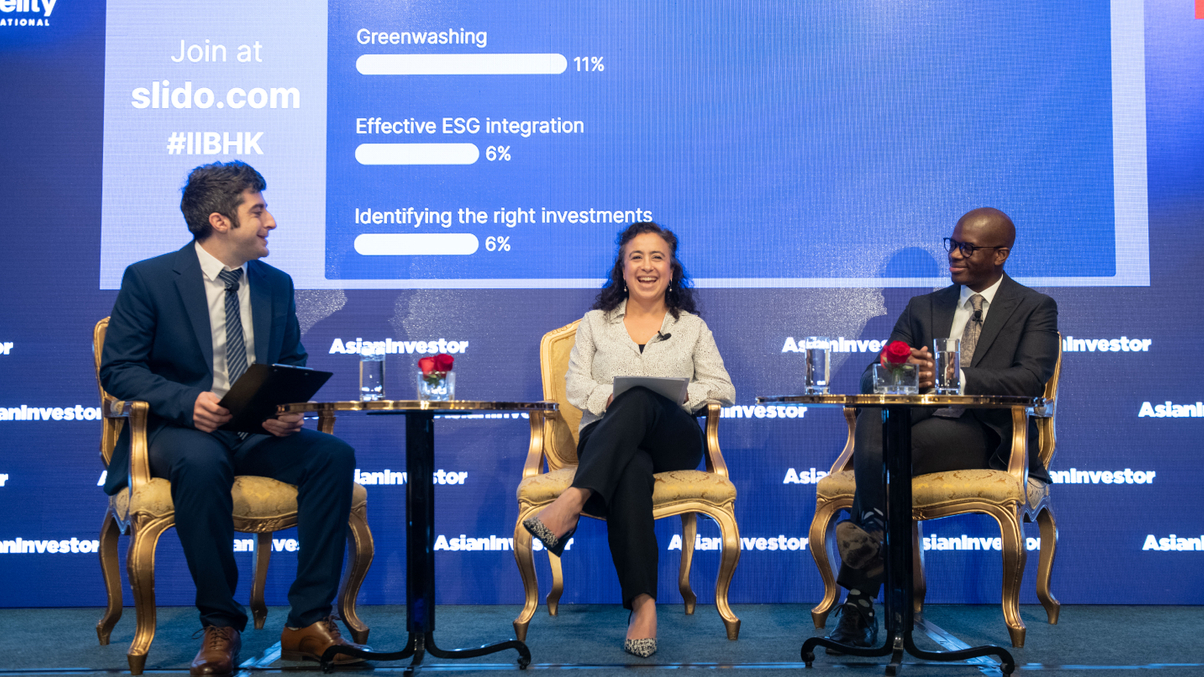Prudential, Bupa: Balancing net zero goals with EM needs
Senior executives from two of Asia’s well-known insurers highlight the importance of addressing the net-zero transition's social impacts on emerging markets.

UK-based insurer Prudential has set a carbon reduction target of net-zero by 2050, with an interim target of a 25% reduction across its investment portfolio by 2025. However, just as important as decarbonising its portfolio is the insurer's focus on a just and inclusive transition in the emerging markets in which it operates.
Sign in to read on!
Registered users get 2 free articles in 30 days.
Subscribers have full unlimited access to AsianInvestor
Not signed up? New users get 2 free articles per month, plus a 7-day unlimited free trial.
¬ Haymarket Media Limited. All rights reserved.


